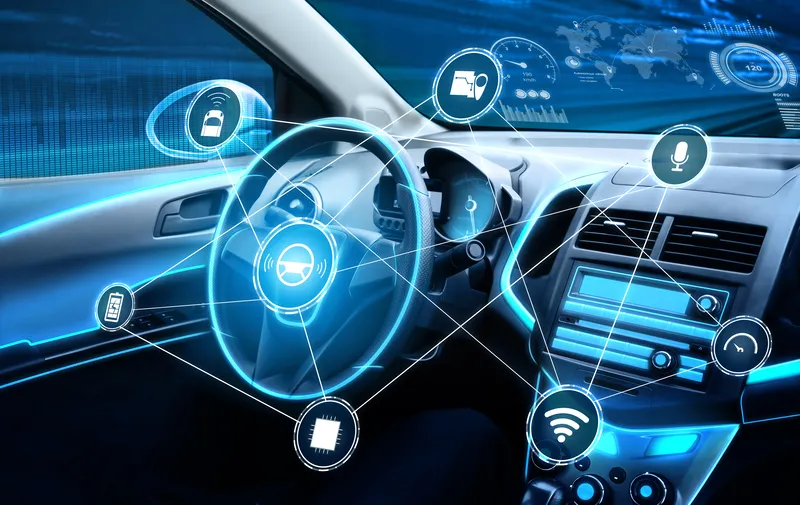UK connected automotive technology company Delphi Automotive is to team up with Israeli LiDAR technology company Innoviz Technologies, which is developing a product that provides a high performance intelligent sensing solution to help advance automated driving technology. Innoviz's proprietary LiDAR sensing solutions will be integrated into Delphi's systems to provide automakers with a comprehensive portfolio of autonomous driving technologies.
August 21, 2017
Read time: 1 min
UK connected automotive technology company 7207 Delphi Automotive is to team up with Israeli LiDAR technology company Innoviz Technologies, which is developing a product that provides a high performance intelligent sensing solution to help advance automated driving technology.
Innoviz's proprietary LiDAR sensing solutions will be integrated into Delphi's systems to provide automakers with a comprehensive portfolio of autonomous driving technologies.
Innoviz LiDAR technology utilises a solid-state design to provide longer-range scanning performance and superior object detection and accuracy capabilities. Long range LiDAR is critical for enabling Level 3 and Level 4 autonomous vehicles to travel at high speeds, as these vehicles will need to identify objects at far distances and in great detail in order to operate safely.
To further support the commercial partnership, Delphi has also made a minority investment in Innoviz.










